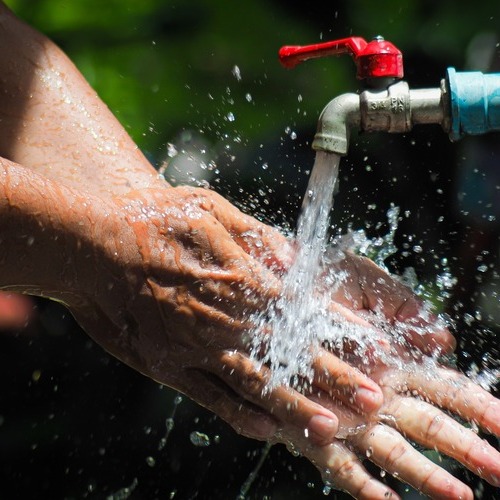
We’ve discussed in this blog before the importance of having clean, clear water for bathing and consumption. This water can be affected by several factors that make it unhealthy, even unsafe, such as:
- Calcium Lime
- Tannic Acid
- Hydrogen Sulfide and Sulfur
- Iron
- Chlorine Taste and Odor
- Nitrates, Pesticides, and Sulfates
- Salt
These same things can affect your pool and spa water too. Fortunately, just like there are treatment methods for water you may consume, there are pool and spa water treatments too. So, what can happen if you don’t regularly use a pool and spa water treatment? Without a routine of pool and spa water treatment and maintenance, you could experience the following:
Blockage, Clogs, Expensive Repairs
Spending money on pool and spa water treatments and cleaning will save you money in the long run, either doing it yourself or having it done, and either way, it is much cheaper than having to get expensive pool repairs! A neglected pool and spa will get a build-up of debris that will clog the filters and drains, and this in turn puts more stress on the pool and spa motors.
Turning It Green
Your pool and spa will turn into a green-colored swamp if you don’t maintain a routine of pool and spa water treatment and cleaning. That green color is algae because an ideal living situation has been created for these microscopic creatures to thrive. The more sunshine and the hotter the weather, the better algae like it!
A pool and spa water treatments will fix this green color by balancing the chemicals. Again, you can hire a professional pool and spa cleaning service, or you can visit any spa and pool store where they can give you step-by-step instructions.
Falls and Slips
Irregular pool and spa water treatments can result in an oily, thick film on the ladders, steps, surfaces, and walls, making it dangerous for swimmers.
Illnesses and Sickness
Without proper maintenance that includes pool and spa water treatment, these areas get dirty and create the perfect setting for RWI (recreational water illnesses). RWIs can include all or any of the following:
- Diarrhea
- Ear infections
- Respiratory infections
- Rashes
- Inflamed eyes and lungs
Are spas and hot tubs the same thing?
Both are hydrotherapeutic, meaning they use heat and water jets to create that relaxing experience we all enjoy. The main difference between the two is the construction. A spa is constructed on-site and hot tubs are constructed at a factory and delivered to the site.
Can you use the same treatment for hot tubs and spas?
Yes, but you cannot use the same treatment that you would use for your swimming pool. A pool is a larger body of water, thus requires more and stronger chemicals. It is important to remember that even though there is hot water in a hot tub, this doesn’t mean it doesn’t need the same level of attention to cleaning as you would your pool and spa water treatment routine.
A hot tub accumulates a lot of bacteria that will quickly grow and spread if you don’t follow these three key things:
- Keeping it sanitized
- Use the right chemicals that isolate contaminants and metals
- Keep the chemical levels at the proper balance
What is the best water treatment for a spa?
Popular choices in hot tub, pool, and spa treatments include:
- Saltwater chlorine generators
- Ozone generators
- In-line chlorine sanitation
- Manual chlorine addition
By visiting a pool and spa water treatment store, you can get educated and informed advice on what products are best for your situation. If messing with chemicals and keeping a schedule isn’t an easy task for you, hire a professional company that provides hot tub, pool, and spa treatments and cleaning on a set schedule.
In Closing
To enjoy your hot tub, pool, and/or spa, take steps to keep things clean and clear. How do you do that? We can’t say it enough, using the proper type and amount of hot tub, spa, and pool treatment is first and foremost! Other steps you can take include:
1. REGULARLY CHECK THE CHEMICAL LEVELS
2. TEST AND TREAT WEEKLY
3. DAILY SKIMMING
4. WEEKLY VACUUM
5. WEEK BRUSHING
By following these tips and staying on track with a schedule, you’ll always have a clear and clean hot tub, spa, and pool. Treatments are essential in this process so that you and your family will have a healthy place to enjoy and relax.
You’ve made the investment when you purchased and installed the hot tub, a spa, or a swimming pool. Now that they are in place, this isn’t the time to go cheap with maintenance and upkeep, and certainly not with skipping pool and spa water treatments. If you haven’t made this investment yet, but are considering it, ask the salesperson what will be required in the way of maintenance, hot tub, pool, and spa treatment. Make sure you understand the process and how important this maintenance is.

